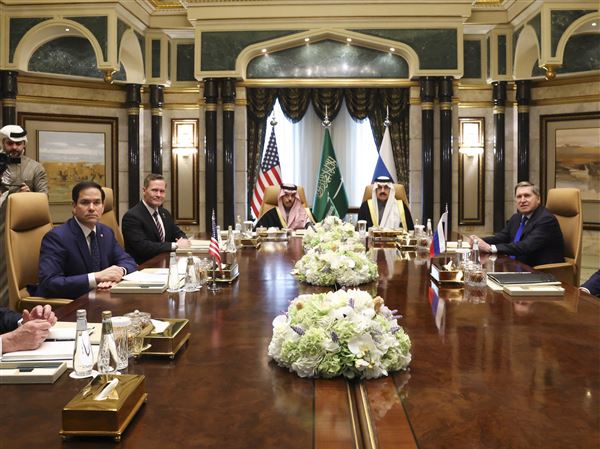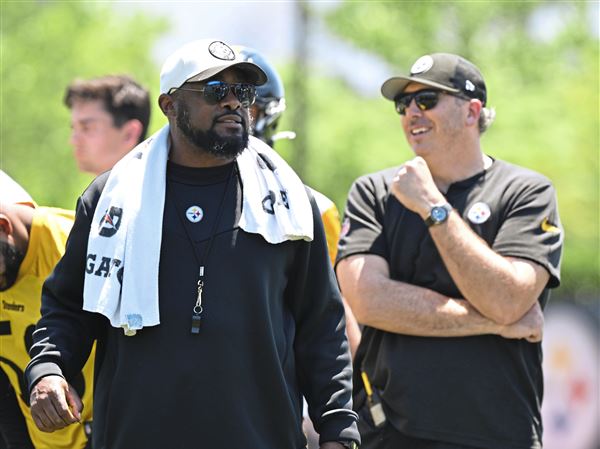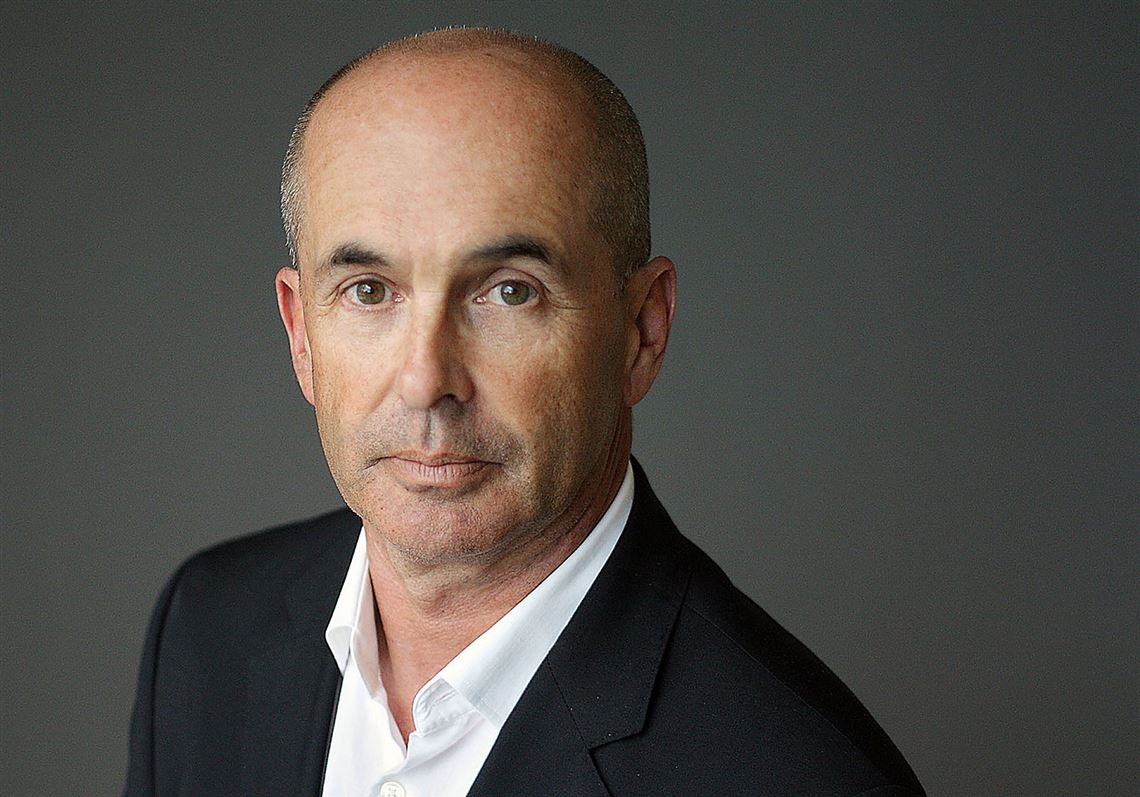Don Winslow swaps Mexico for Russia and heroin profits for otherwise ill-gotten gains in “The Border,” his cutting take on the Age of Trump. The book hits the ground running and maintains momentum despite Mexican drug cartel sections so fine-grained they can bewilder. “The Border” is riveting to the end no matter how Byzantine its plotlines. This is so timely it’s ahead of the curve.
William Morrow ($28.99).
“The Border” arrives a year and a half after “The Force,” Mr. Winslow’s epic about dirty cops in New York City. That, too, is based on the war on drugs, a war Mr. Winslow considers pointless, unwinnable and more toxic than its purported targets. Mr. Winslow is the bard of this war.
This huge, labyrinthine book completes a trilogy he began in 2005 with “Power of the Dog” and deepened in “The Cartel” in 2015. Art Keller, the Drug Enforcement Administration agent and hero of the two earlier books, heads the DEA here. The action takes place as the Barack Obama administration gives way to that of Donald Trump, here called John Dennison. The book concludes — almost — as Keller tells a Senate subcommittee the truth about the heroin situation, mounting a formidable campaign to enlighten the public about the war on drugs, if not end it.
“The war on drugs has been going on for 50 years — half a century,” Keller tells a panel that includes Ben O’Brien, a Texan senator beholden to the Dennison apparatus who wants Keller to stop probing the administration’s ties to dirty real estate money. “In the process of waging it, we have spent over a trillion dollars, put millions of people, most of them black, brown and poor, behind bars — the largest prison population in the world. We have militarized our police forces. The war on drugs has become a self-sustaining economic machine.”
The book is so conversant in everything from the crazy quilt of the Mexican drug cartels to the gangs of Guatemala City and the detention centers ICE stuffs with migrants, one wonders when Mr. Winslow found time to write it. No doubt he wrote the bulk after Mr. Trump was elected, as it includes the recusal of the “little cracker bastard” David Fowler, Dennison’s stand-in for former Attorney General Jeff Sessions, and a mastery of Trump-style tweets via Dennison, the newly elected president whose senior adviser is son-in-law Jason Lerner, a ringer for Jared Kushner.
Mr. Winslow also captures the vernacular of all social levels, from underage migrant dope slingers in Jackson Heights in Queens to the New York City cops who help Keller unearth a tainted real estate deal involving investments of Mexican drug money in Park Tower, a failing property (666 Fifth Ave., anyone?) linked to Dennison’s boy Lerner. Mr. Winslow also links the drug trade to the migrant issue, suggesting no wall is impenetrable enough to end the U.S. appetite for heroin as it makes its way from Latin America.
At the same time, Mr. Winslow explores the migrant problem, particularly in “La Bestia,” a bravura chapter tracing Nico Ramirez’s escape from the slums of Guatemala, where his future was membership in Calle 18, the gang that ruled his slum. “La Bestia” is the name of the train carrying migrants — the lucky ones — from South and Central America to the Mexico-U.S. border. “Nico Rapido” makes it all the way, eventually hooking up with relatives in Jackson Heights. How little Nico matures is heartbreaking, however.
While the ground floor of the book is the internecine warfare among the Mexican cartels — the descriptions of their brutality are savage and unsettling, YouTube notwithstanding — “The Border” has an overlay rich with deftly wrought relationships. They include Keller’s ongoing love affair with Marisol; the bonds among undercover cop Bobby Cirello, upstate junkie Jacqui Davis and Darius Darnell; the New York conduit for Mexican dope; and the relationships tearing apart Los Hijos, the profligate and breathtakingly amoral sons of the cartel godfathers.
As usual, Mr. Winslow writes so deftly a character can disappear for several chapters, effortlessly picking up where he or she left off. And, as usual, he tackles the conundrums that plague the body politic, the paradoxes impervious to reconciliation. Can a mercenary be moral? Can killing be beneficial? Is it right to lie under oath if the truth would kill while the lie would save lives?
No one blends morality play with thriller like Don Winslow.
Carlo Wolff is a freelance writer from suburban Cleveland. He is working on the autobiographical memoir of Robert P. Madison, Cleveland’s first black architect.
First Published: February 22, 2019, 4:00 p.m.

















